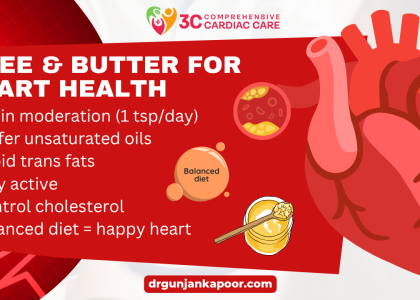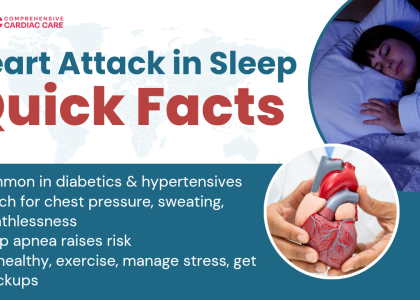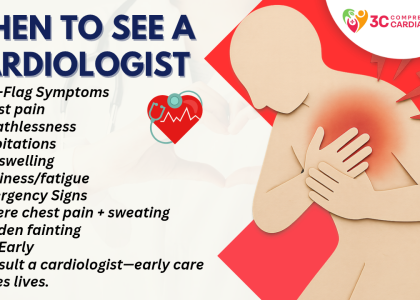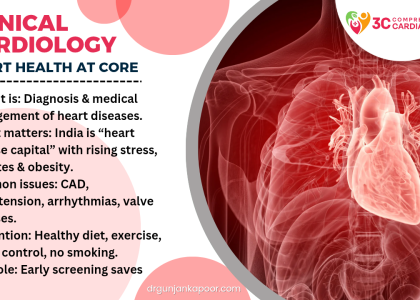Acute coronary syndromes (ACS) are a group of conditions that can cause a sudden decrease in blood flow to the heart, leading to chest pain and other symptoms. ACS can range from mild to severe and can be caused by a variety of issues, such as a heart attack or unstable angina.
In some cases, ACS can be the result of a complete blockage of the coronary artery, usually caused by a clot. If a clot forms quickly, the resulting condition is known as a STEMI (ST-Elevation Myocardial Infarction). If the clot forms slowly, the resulting condition is known as a NSTEMI (Non-ST-Elevation Myocardial Infarction).
In other cases, ACS can be caused by a partial blockage of the coronary artery due to a buildup of plaque. This buildup can cause the artery to narrow or become inflamed, leading to a condition known as unstable angina.
The symptoms of ACS can vary, but they typically include chest pain, shortness of breath, lightheadedness, and nausea. If ACS is suspected, the patient should seek medical attention right away. An electrocardiogram (ECG) or stress test can help diagnose ACS. Treatment of ACS can involve medications such as aspirin, blood thinners, and cholesterol-lowering medications. Depending on the severity of the condition, surgery may also be necessary.
By understanding the symptoms, causes, and treatments of acute coronary syndromes, you can help to reduce your risk of developing a serious condition. If you think you may be experiencing any of the symptoms of ACS, contact your doctor right away.









